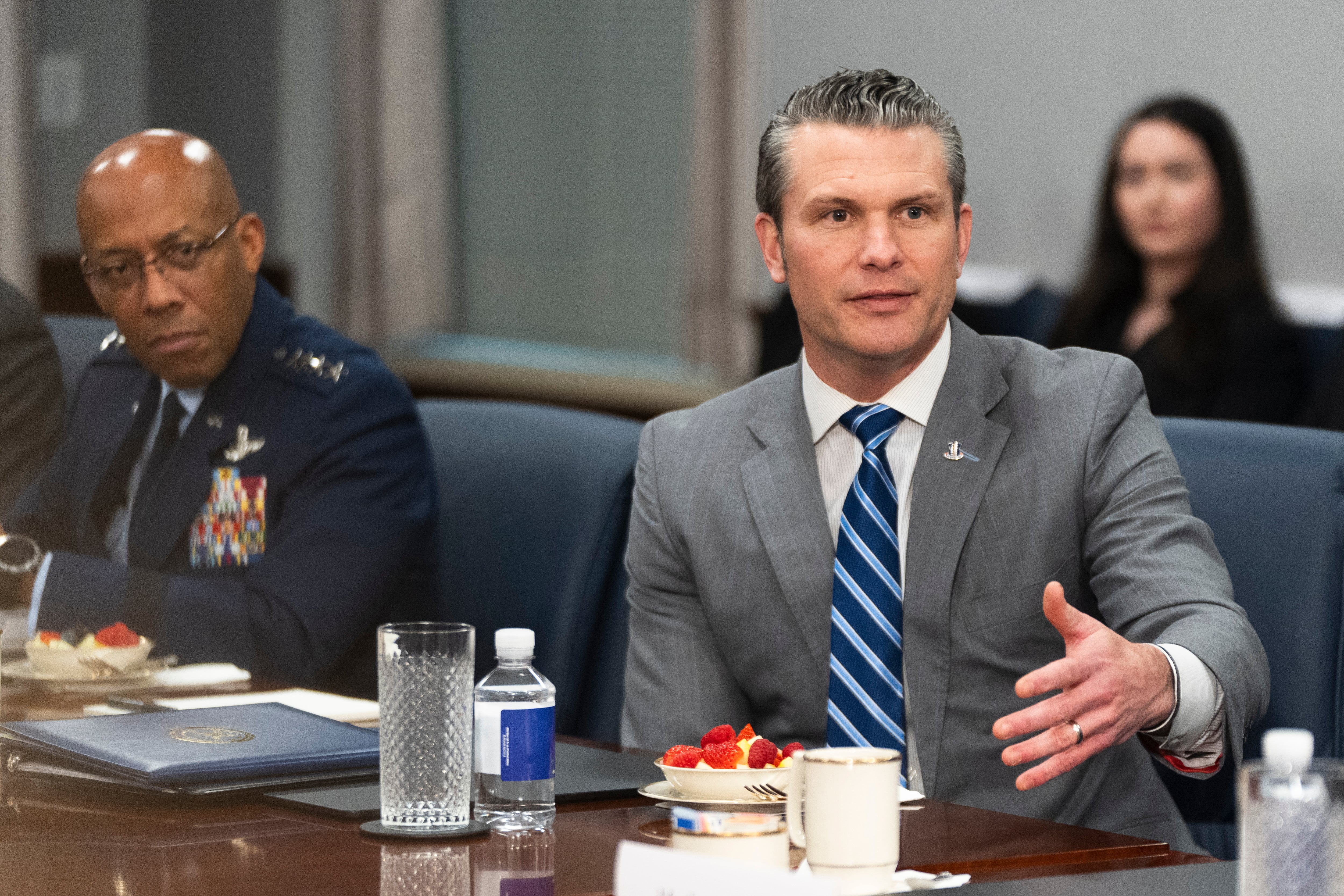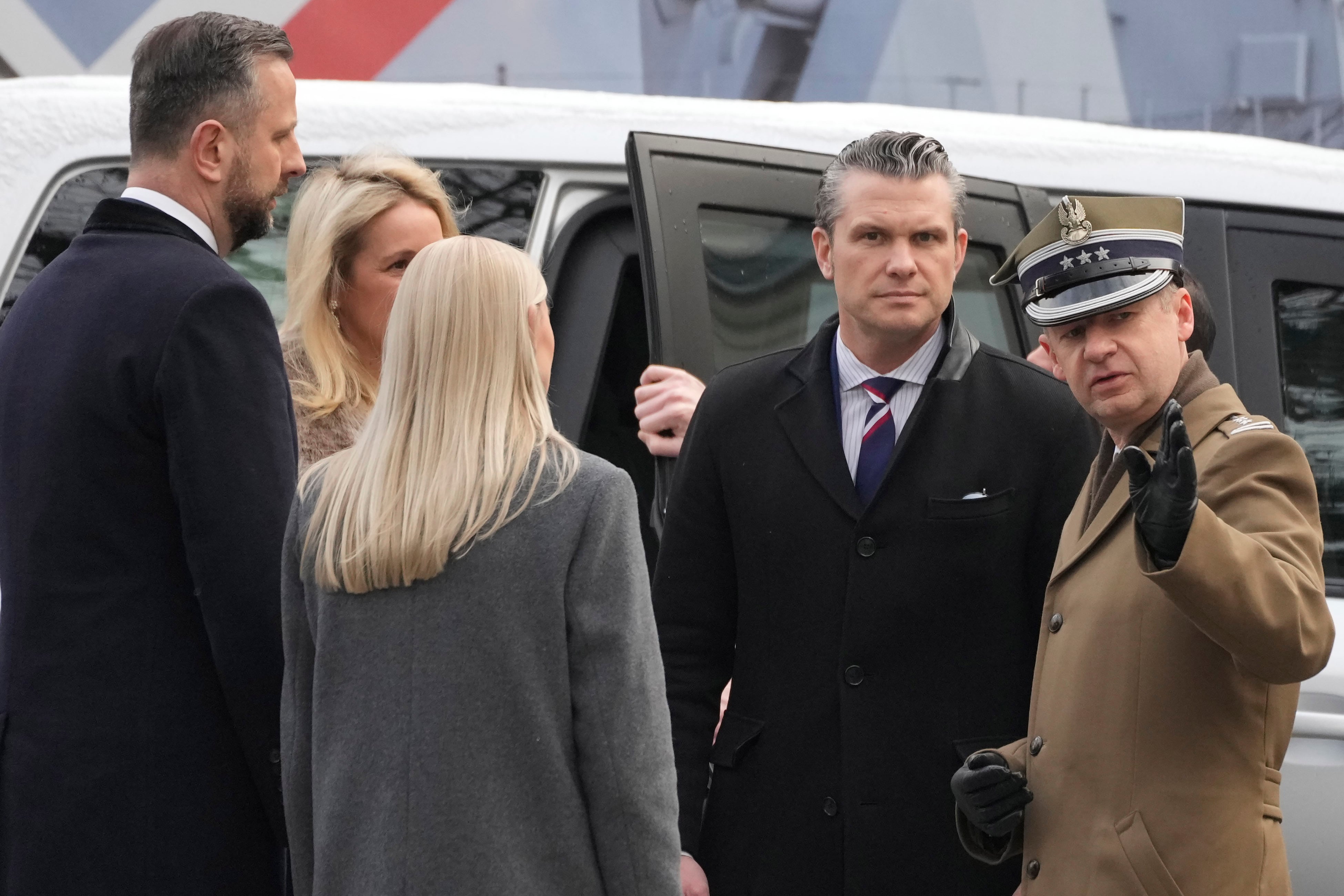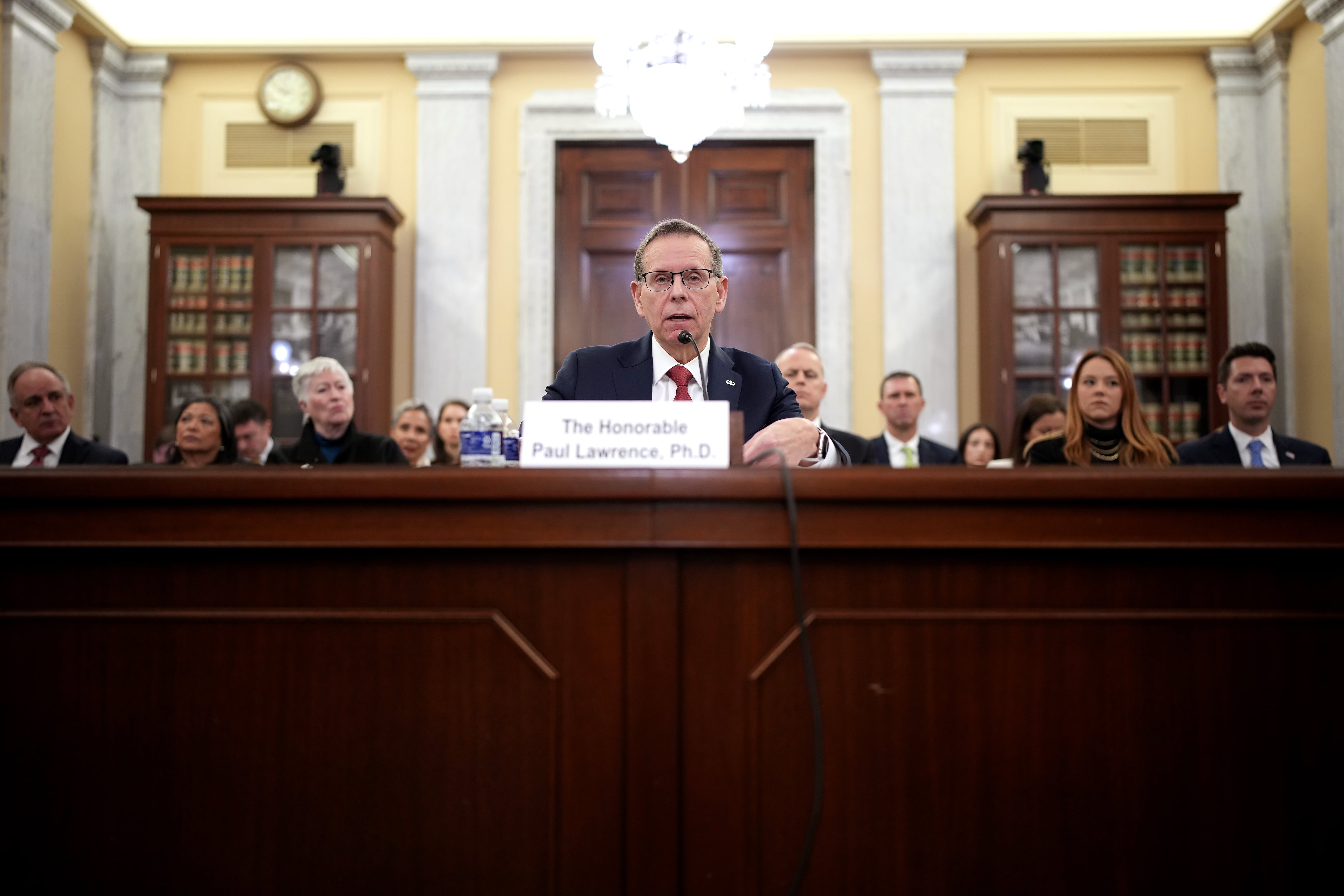Chinese leader Xi Jinping and Ukrainian President Volodymyr Zelenskyy spoke by phone Wednesday for the first time since Russia’s invasion, two months after Beijing said it wanted to act as a peace mediator in the war against Ukraine and after Xi visited Moscow last month.
Zelenskyy said he had “a long and meaningful phone call” with Xi. His press officer, Serhii Nykyforov, said Zelenskyy and Xi spoke for nearly an hour.
“I believe that this call, as well as the appointment of Ukraine’s ambassador to China, will give a powerful impetus to the development of our bilateral relations,” Zelenskyy said in a Facebook post without elaborating.
Ukraine’s presidential office said more details of what was said would be published later in the day.
In China, the phone call was reported by state media. China Central Television said Beijing intends to send an envoy to Kyiv to discuss “a political settlement” for the war.
Talks between the two leaders had been anticipated for weeks, after China produced a 12-point proposal to end the fighting. The phone call was for China another step toward deeper involvement in resolving the conflict.
Despite that overture, Zelensky said in an interview with The Associated Press in late March that he hadn’t spoken with Xi since the war began and extended an invitation for him to visit Ukraine.
The peace proposal came on the heels of China’s announcement that it was keen to act as mediator in the war that has reenergized Western alliances that are regarded by Beijing and Moscow as rivals.
With the step, Xi’s government reinforced China’s claim to being neutral in the war, despite blocking efforts at the United Nations to condemn the Kremlin’s invasion.
While Zelenskyy has moved his country closer to NATO and has successfully pleaded with alliance member nations to send sophisticated modern weapons to help defeat Russia, Beijing has accused the West of provoking the conflict and “fanning the flames” by providing Ukraine with defensive arms.
When, in February, China called for a cease-fire and peace talks between Ukraine and Russia, Zelenskyy cautiously welcomed Beijing’s involvement. But he said success would depend on actions, not words.
Russian President Vladimir Putin warmly welcomed Xi to the Kremlin, in what was seen as a powerful message to Western leaders that their efforts to isolate Moscow over the fighting in Ukraine have fallen short.
Meanwhile, Zelenskyy on Wednesday used the 37th anniversary of the world’s worst nuclear disaster to repeat his warnings about the potential threat of a new atomic catastrophe in Ukraine amid his country’s war with Russia.
Zelenskyy drew a parallel between the Chernobyl nuclear disaster on April 26, 1986, to Moscow’s brief seizure of the plant and its radiation-contaminated exclusion zone following its full-scale invasion of Ukraine.
“Last year, the occupier not only seized the (Chernobyl) nuclear power plant, but also endangered the entire world again,” Zelenskyy said in a Telegram post in English.
Russian forces were stationed at the Chernobyl plant between February and March last year, before it was recaptured by Ukrainian troops.
Zelenskyy said Kyiv has since then reestablished prewar security measures and scientific activities within the zone. But he cautioned that future moves from Moscow could endanger global nuclear safety.
“Ukraine and the world have paid a high price for the liquidation of the consequences of the (Chernobyl) disaster,” he said.
Zelenskyy’s office published photos of him laying flowers at two Kyiv memorials to Chernobyl victims and observing a minute’s silence.
More than 150 members of the Ukrainian National Guard captured during Russia’s occupation of the Chernobyl exclusion zone remain in Russian custody, Ukraine’s environment minister said.
Russian forces have also been stationed at Ukraine’s Zaporizhzhia Nuclear Power Plant, Europe’s largest and one of the 10 biggest in the world, since capturing the site early in the war.
Ukrainian officials have repeatedly accused the Kremlin’s forces of using the plant as a base for firing on neighboring Ukrainian-held territory. On Tuesday, Ukrainian officials reported that heavy Russian artillery fire hit cities on the western bank of the Dnieper River just across from the plant.
Ukraine’s atomic energy provider Energoatom earlier this month accused Moscow of turning the plant into “a military base, mining the perimeter.”
The plant has six reactors, all of which have been shut down over the past year.
“We must do everything to give no chance to the terrorist state to use nuclear power facilities to blackmail Ukraine and the entire world,” Zelenskyy said in his Telegram post.
The head of the U.N.’s atomic energy agency, Rafael Grossi, has warned that the risks of nearby fighting amount to “playing with fire,” as a stray shell could trigger a catastrophe.
The Vienna-based International Atomic Energy Agency, which Grossi leads, has been trying for months to obtain an agreement between Ukraine and Russia on securing the plant, whose reactors and other equipment still require an external electricity supply to operate safety systems.
Zaporizhzhia, along with Donetsk, Kherson and Luhansk, is one of the four provinces that Russia illegally annexed last September.
Amid the ongoing war of attrition and a broad battlefield stalemate, those eastern areas of Ukraine have had little respite from Russian bombardment.
The head of the southeastern Zaporizhzhia Regional Military Administration, Yurii Malashko, said on Wednesday that overnight the Russians struck 19 civilian areas with 53 artillery attacks, six rocket attacks, seven drone attacks and one airstrike.
At least two civilians were killed and 13 others were wounded in Ukraine on Tuesday and overnight, the Ukrainian presidential office said.
___ Yuras Karmanau contributed to this report from Tallinn, Estonia.
___
Follow AP’s coverage of the war in Ukraine at https://apnews.com/hub/russia-ukraine





